The fast food health impact reaches far beyond calories and convenience. These quick meals may satisfy cravings, but they actively harm your body in ways you might not expect. They drain energy, disrupt digestion, and silently pave the way for chronic illness. In today’s fast-paced world, many people trade nutrition for speed. However, that choice often leads to major long-term consequences. Fast food might seem harmless when it saves time and money, but your health often pays the price later. This slideshow breaks down what fast food does to your body You’ll see immediate effects as well as long-term damage. As you read, ask yourself if that quick bite is really worth the risk. Ultimately, making smarter choices today can lead to stronger health tomorrow.
Fast Food Can Be Addictive

Fast food doesn’t just taste good, it hooks your brain. The mix of salt, fat, and sugar fires up your brain’s reward system, releasing dopamine and creating a powerful sense of pleasure. As a result, your brain starts to crave the same reward, even when you’re not hungry. Over time, these cravings form habits that are difficult to break. Unfortunately, this routine often replaces more nourishing food choices. Consequently, you develop a cycle of unhealthy eating that’s hard to stop. The effects of fast food on health go beyond the physical and influence your behavior. Fortunately, you can break the cycle. Start by adding more whole, unprocessed foods to your meals. Gradually, your body will crave balance over quick fixes.
Your Skin Could Suffer

Your skin reacts directly to what you eat. When you consume greasy and sugary fast food, your body responds with inflammation. This inflammation boosts oil production and clogs your pores. As a result, you may notice more breakouts or dullness. At the same time, these foods damage collagen and elastin, the proteins that keep your skin smooth and firm. Over time, you may develop premature wrinkles and a loss of skin elasticity. Clearly, the health risks of eating fast food show up on your face, not just inside your body. To improve your skin health, start eating more fruits and vegetables that are rich in antioxidants and water. In turn, your complexion may become clearer, brighter, and more resilient.
It Can Affect Your Memory
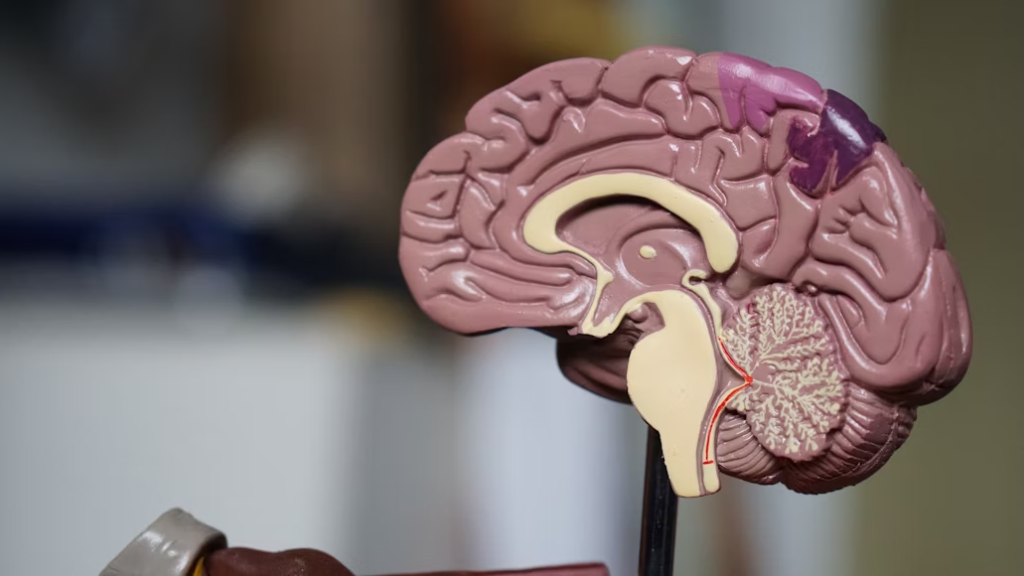
Fast food doesn’t just influence your waistline; it may also interfere with how well your brain works. Diets high in saturated fats, refined sugars, and processed ingredients can impair memory and reduce cognitive function over time. These foods promote inflammation in the brain and hinder the communication between brain cells. As a result, you may find it harder to concentrate, recall details, or stay mentally sharp. Studies have linked frequent consumption of ultra-processed foods with poorer academic performance, slower learning, and a higher risk of dementia later in life. At the same time, fast food lacks the essential nutrients, like omega-3 fatty acids, antioxidants, and B vitamins, which support brain health. The fast food health impact extends far beyond physical wellness; it affects how clearly you think and how well your brain ages.
Read More: A Nutritionist Says to Eat These 20+ Anti-Inflammatory Foods for Breakfast
It Disrupts Digestion

Fast food disrupts your digestive health in several ways. Most of these meals lack fiber, which your body needs to move waste through your system. Without it, you’re more likely to feel bloated or constipated. In addition, greasy foods slow down digestion, leaving you feeling sluggish. They also harm the good bacteria in your gut. Over time, this throws your microbiome out of balance, weakening your immune system and affecting your mood. The health risks of eating fast food go far beyond temporary discomfort. However, you can reverse the damage by including fiber-rich foods like vegetables, whole grains, and legumes. As you shift toward better habits, your gut will thank you.
It Raises Your Blood Sugar
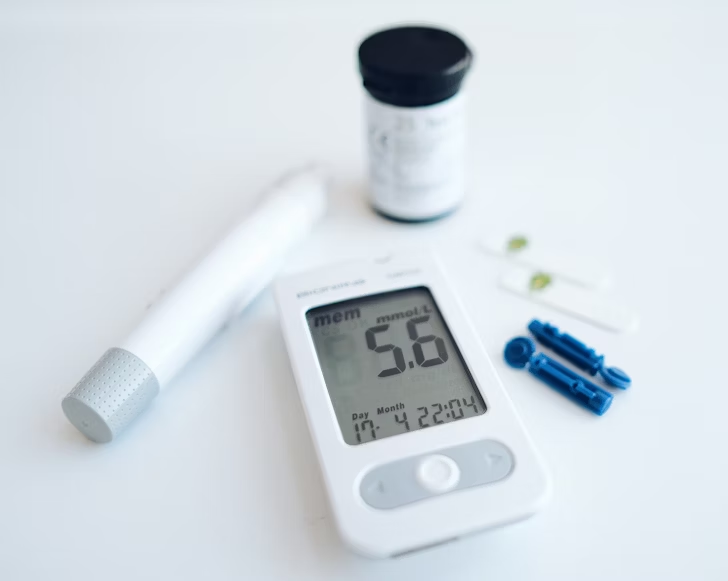
Fast food causes your blood sugar to spike quickly. It’s packed with simple carbohydrates and added sugars that break down fast, flooding your bloodstream with glucose. As a result, you may feel a short burst of energy, followed by a rapid crash. Over time, this cycle strains your pancreas and reduces your body’s insulin sensitivity. Consequently, your risk of developing Type 2 diabetes increases. Understanding how fast food affects the body can help you make better choices. For example, you can choose complex carbs, fiber, and lean protein instead. These ingredients stabilize your blood sugar and keep your energy steady throughout the day. Not surprisingly, the fast food health impact plays a major role in the rise of modern metabolic disorders.
It Increases Inflammation

Fast food ingredients often trigger inflammation throughout your body. Refined grains, added sugars, and artificial preservatives irritate your system and activate your immune response. While occasional inflammation is normal, constant exposure creates chronic inflammation. Over time, this contributes to serious health problems such as arthritis, heart disease, and cancer. In many cases, you might not notice the damage until symptoms appear. That’s why it’s important to understand the negative health effects of fast food before they take a toll. By choosing anti-inflammatory foods like berries, leafy greens, and healthy fats, you can calm your system and lower your risk of disease.
It Can Affect Your Mood

Your diet influences your brain just as much as your body. Fast food often lacks key nutrients like B vitamins, magnesium, and omega-3s, which support emotional stability. Additionally, the sugar and processed carbs in these meals can trigger mood swings, anxiety, or depression. At the same time, fast food harms your gut microbiome, which communicates directly with your brain. Therefore, when your gut is out of balance, your emotions may follow. The fast food and long-term health consequences aren’t just physical, they’re deeply emotional too. To improve your mood, add more nutrient-dense foods like salmon, beans, and greens to your diet. These simple shifts can help you feel more emotionally balanced and mentally clear.
It Could Impact Your Fertility

Fast food might seem harmless, but it may influence your ability to conceive. Research suggests that diets high in processed foods and trans fats can reduce fertility in both men and women. These meals often lack key nutrients like zinc, folate, and omega-3 fatty acids, nutrients that play a major role in reproductive health. At the same time, the high sugar and saturated fat content in fast food contributes to hormonal imbalances, insulin resistance, and inflammation, all of which can interfere with ovulation and sperm quality. Over time, this dietary pattern may make it harder for couples to conceive. Additionally, some fast food packaging contains endocrine-disrupting chemicals like phthalates, which have been linked to lower fertility.
Read More: 14 Fast-food Item To Avoid Ordering, According to Employees
It Strains Your Heart
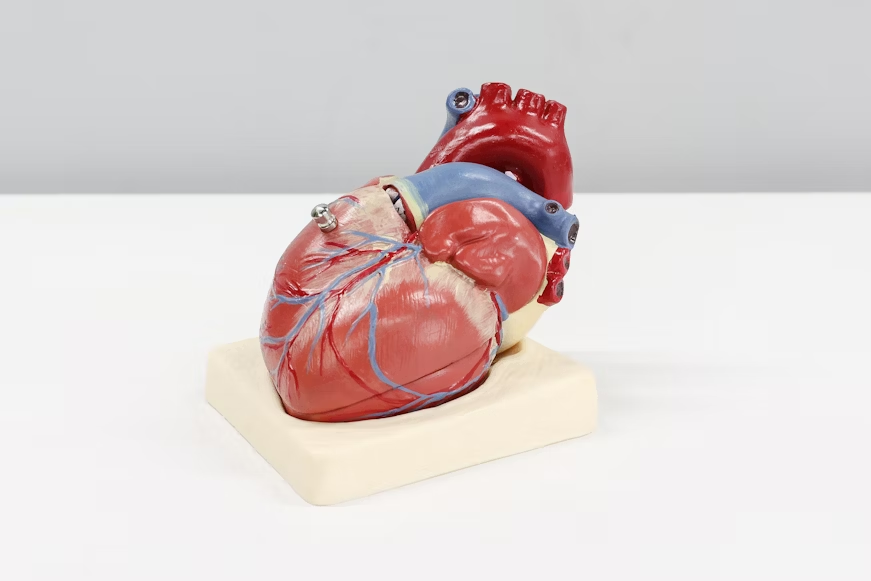
Fast food puts your heart under stress. It contains high levels of sodium, trans fats, and cholesterol, which raise blood pressure and increase bad cholesterol. As a result, your arteries may narrow, limiting blood flow and increasing your risk of heart attacks and strokes. Even foods marketed as healthy, such as wraps or salads with heavy dressings, can contribute to these problems. Over time, this damage adds up. Fortunately, you can reduce these risks by making conscious changes. Understanding the fast food health impact allows you to make smarter decisions. Start by choosing grilled items instead of fried ones. Additionally, include more vegetables and heart-healthy fats in your meals. These adjustments can strengthen your cardiovascular system and improve your long-term health.
It Affects Kidney Health
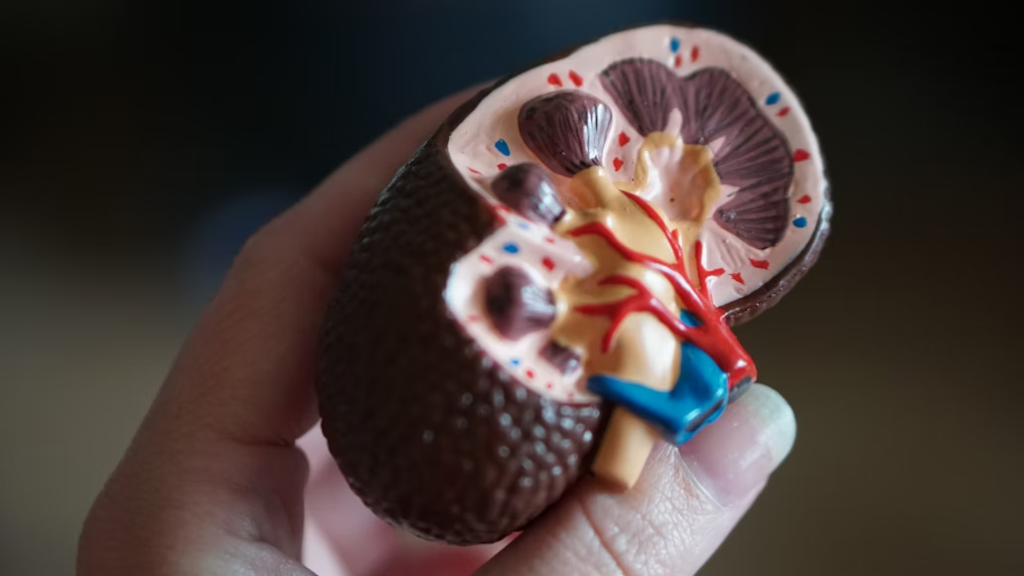
Fast food strains your kidneys, especially when consumed frequently. These meals are packed with salt, which throws off your body’s fluid balance. In response, your kidneys work harder to filter excess salt. Over time, this constant pressure increases your risk of kidney disease. Moreover, sugary drinks and chemical additives found in fast food can lead to kidney stones and other complications. Fortunately, you can take control. Being aware of the health risks of eating fast food empowers you to support kidney function. Choose water over soda, and reduce your salt intake. Also, eat more fresh produce and whole grains. These changes help your kidneys operate more efficiently and stay healthy.
It’s Hard on Your Liver
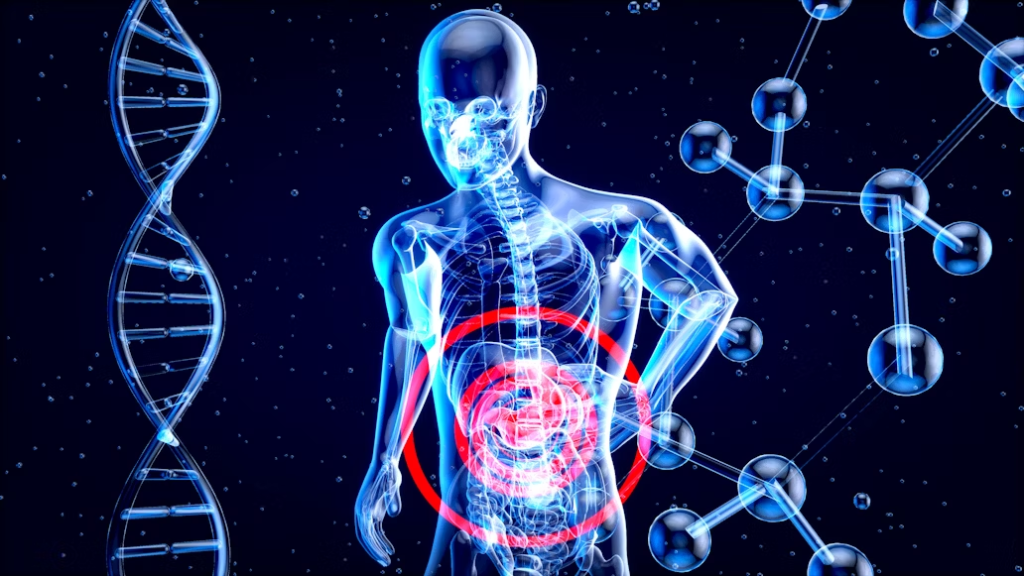
Fast food damages your liver over time. When you eat high-fat, high-sugar meals, your liver stores excess fat. Eventually, this leads to nonalcoholic fatty liver disease, which may cause inflammation and scarring. Unfortunately, many people don’t experience symptoms until the damage is severe. However, you can prevent this outcome. By understanding what fast food does to your body, you can make smarter decisions to protect your liver. Start by replacing processed foods with lean proteins, vegetables, and whole grains. Gradually, your liver will begin to repair itself. The sooner you make changes, the better your liver can function.
It May Impact Your Lungs Over Time

Fast food doesn’t just affect your stomach, it impacts your lungs too. Diets high in processed and ultra-processed foods have been linked to reduced lung function and higher asthma risk in children. Studies also show that ultra-processed foods increase the risk of chronic respiratory diseases, including COPD.
Additionally, weight gain from poor eating habits can compress the lungs, making it harder to breathe, a common complication in obesity-related respiratory dysfunction. Fast food is also loaded with artificial ingredients and additives that fuel systemic inflammation, which can worsen symptoms in people with asthma or other lung conditions.
The good news? Some of this damage can be reversed. When you understand how fast food affects your body, you can make smarter choices to support lung health. Shifting to a diet rich in vitamins C and E, found in foods like oranges, spinach, and other fruits and vegetables, can help reduce airway inflammation and improve breathing. Over time, adopting a more anti-inflammatory diet, such as the Mediterranean diet, may boost your energy levels and support healthier lung function.
It May Increase Cancer Risk

Fast food contains ingredients that increase your cancer risk and have a serious impact on your health. For example, processed meats include nitrates, which may contribute to colorectal cancer. Fried or overcooked foods often contain acrylamide, a chemical linked to cell damage. Artificial additives, such as food dyes and preservatives, also raise concerns. While occasional indulgence likely won’t harm you, eating ultra-processed meals regularly poses a greater risk. However, you can take steps to protect your health. Knowing the negative health effects of fast food helps you choose safer alternatives. Cook meals at home, focus on natural ingredients, and add more plant-based options to your diet. These shifts reduce your exposure and support cellular health.
The Bottom Line: It Shortens Lifespan

Fast food doesn’t just affect how you feel today. Over time, it can shorten your life. Regular consumption of ultra-processed meals increases your risk of obesity, diabetes, heart disease, and early death. These foods often replace healthier options, leading to nutrient deficiencies and chronic illness. Research shows that people who eat more fast food face higher mortality rates. However, you can change your future starting now. Recognizing the fast food health impact empowers you to make better decisions. Begin by replacing just one fast food meal each week with something homemade. Gradually, build a diet full of whole foods, lean proteins, and healthy fats. Every smart choice supports your body and increases your chance of living a longer, healthier life.
Disclaimer: This information is not intended to be a substitute for professional medical advice, diagnosis or treatment and is for information only. Always seek the advice of your physician or another qualified health provider with any questions about your medical condition and/or current medication. Do not disregard professional medical advice or delay seeking advice or treatment because of something you have read here.
Read More: 16 Worst Fast Food Chains to Avoid

